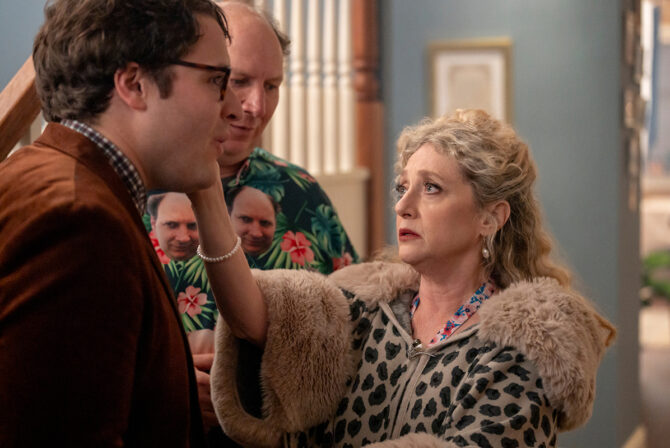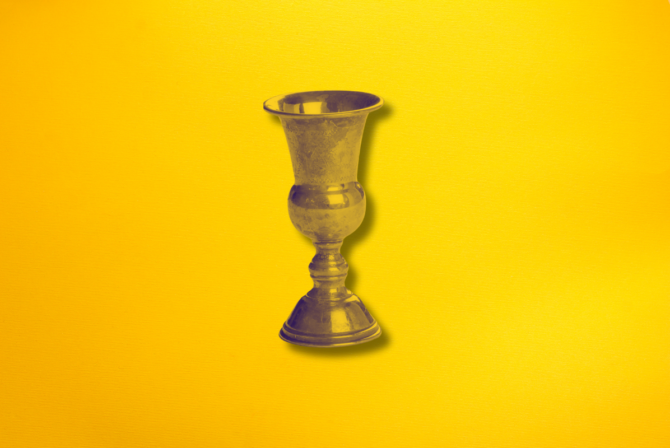There is a half-eaten challah sitting on our counter, left over from Friday night.
This might not seem like much to you, but this is a very big deal to me. Because I didn’t eat it.
Yes, like millions of other Americans, I am determined to lose weight this year. But the odds are stacked against me, and I know it. Not only do 80% of New Year’s Resolutions fail, but, as Tara Parker Pope outlined in her recent New York Times article, my body is literally fighting against me to hang on to the weight. It’s no surprise that obesity runs in families (as it does in mine), but what may be more surprising is that once our body gains extra weight, a variety of different hormones conspire against us to fight against weight loss. Even if we do manage to drop the pounds, other hormones kick in to try and get them back. As Parker Pope says, “This translates into a sobering reality: once we become fat, most of us, despite our best efforts, will probably stay fat.”
Ouch.
It’s certainly true for me. In the eight years since I dropped ten pounds to fit into my wedding dress, my weight has crept up, and two rounds of IVF and two babies didn’t help. I’ve got 20 pounds to lose (and keep off), and I know my body isn’t interested in cooperating in the least. It’s found a steady state, and despite the fact that I was exercising and eating relatively well, the pounds weren’t coming off. I knew something needed to change, but I didn’t know what, or how.
Until I read Parker Pope’s article, and the accompanying slide show about Janice and Adam Bridge, who have each lost over 100 pounds and kept it off. Most Americans gain back the weight they lose, but the Bridges haven’t–because they are literally working their asses off. Barbara weighs herself every day, and measures out all of her food. They both keep food diaries, and they both exercise at least an hour a day. They don’t have cheat days, because they know that even small increases in caloric intake add up to significant weight gain over time.
The article and the story really hit home for me. I don’t relish the idea of life without my daily chocolate intake, but I’m even more worried about the long-term impacts of being overweight. Diabetes runs in my family, as does heart disease. And I have two daughters and a husband.
I may not live a long life, but if I die young, I don’t want it to be because of something I had control over.
So, I did a little research, and made a plan. I’m not following a specific diet plan (although some are easier to stick to than others). Rather, I’m using a free app on my iPhone to record literally everything I’m eating, and to make sure I stay within my calorie budget each day. I’ve increased my exercise, and my goal is to lose between 1-1.5 pounds per week. In addition to tracking my food, I’m trying to follow a few other tips from the experts, including staying focused on a meaningful reason for my weight loss (my family), and taking a long view of my health. This isn’t about fitting into my wedding dress or getting ready for a college reunion; this is about a slow and steady journey that’s going to be bumpy and hard, but worth it.
I’ve stuck with my weight journaling for 11 days now, and I’ve had good days and less good days. But I’m still in it, and I’ve lost two pounds. The bottom line is that it sucks; it sucks having to use a measuring spoon to scoop out the peanut butter, to weigh and count everything I eat. But I realize that if I don’t do this now, I’ll likely be taking measurements of a different sort: checking my blood sugar levels or counting out my heart meds. Instead, I’m trying to stay focused on how fortunate I am to be healthy, to have a healthy family, and to have the resources and support to make a change.







